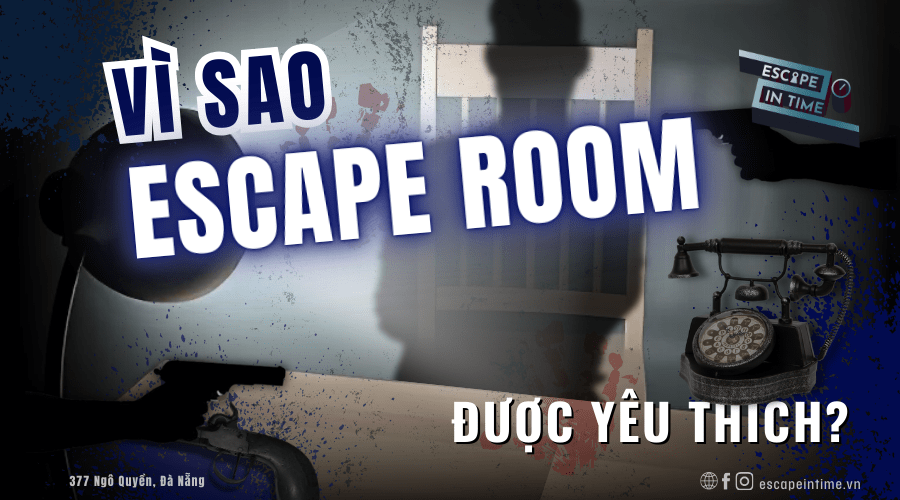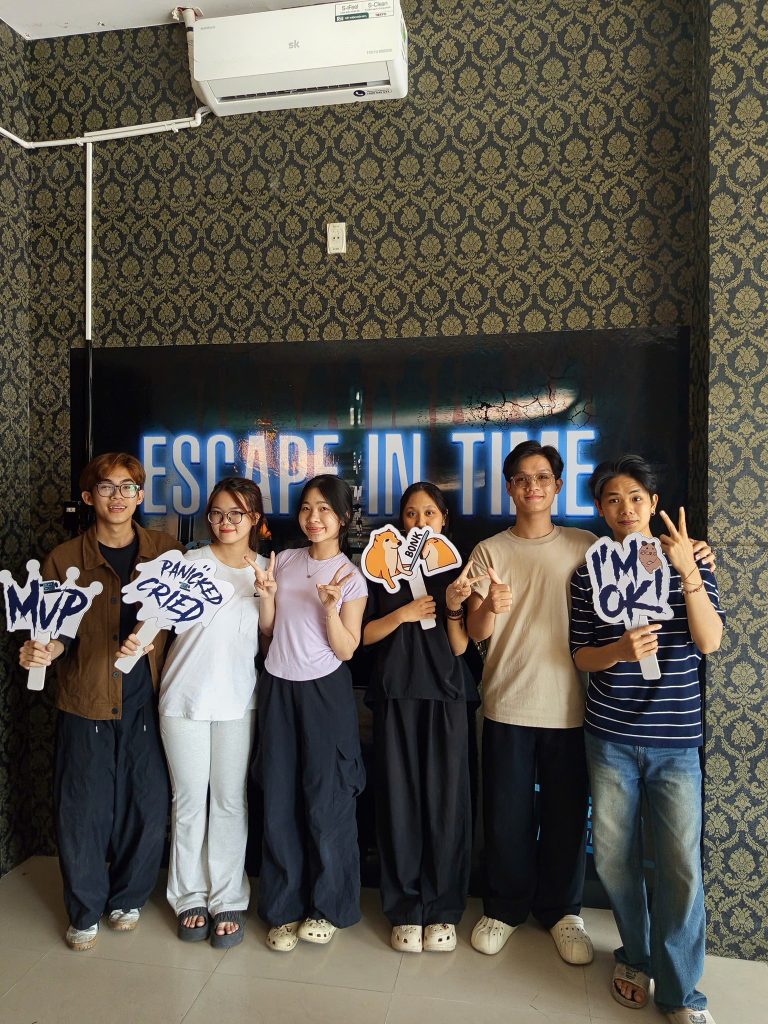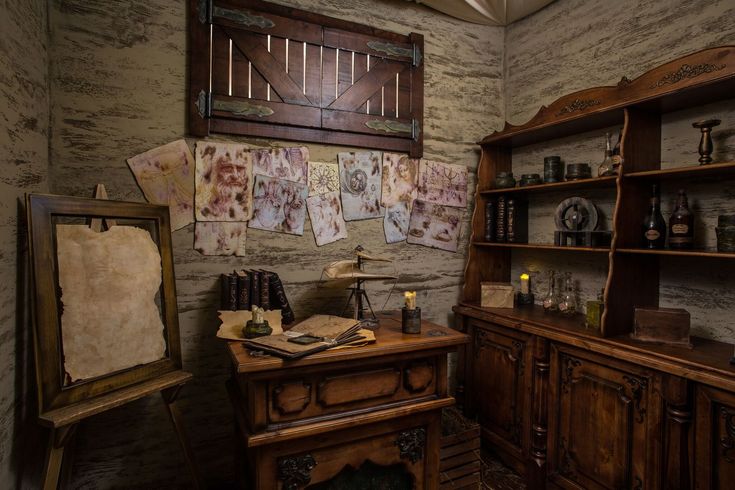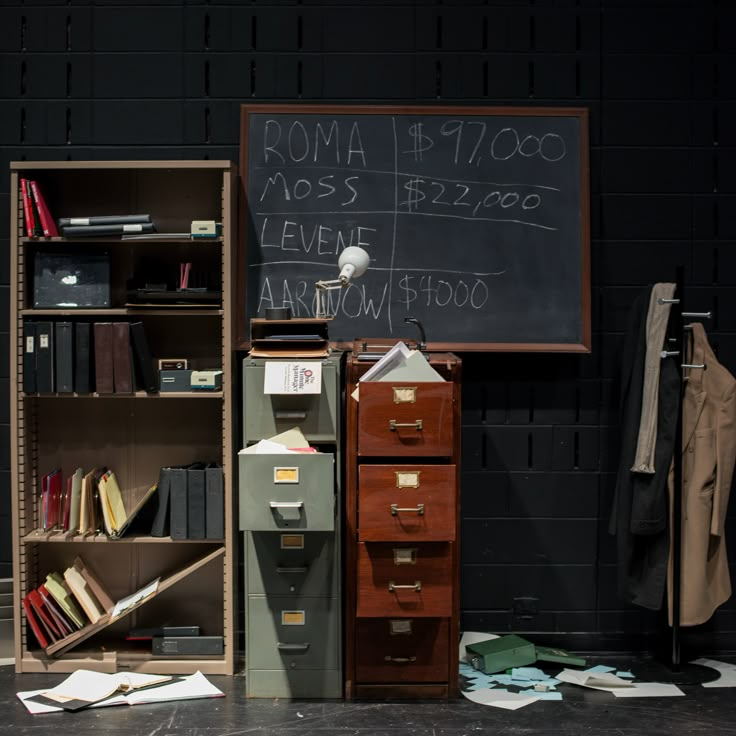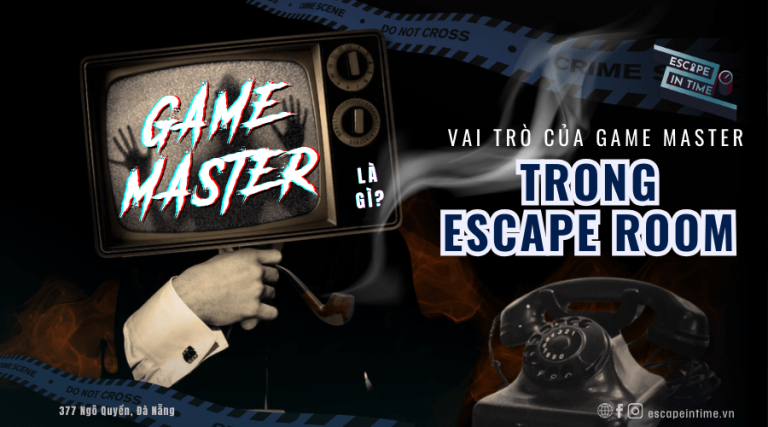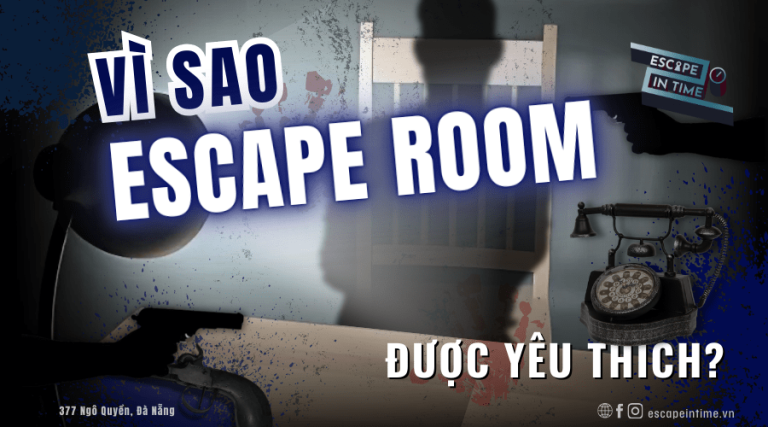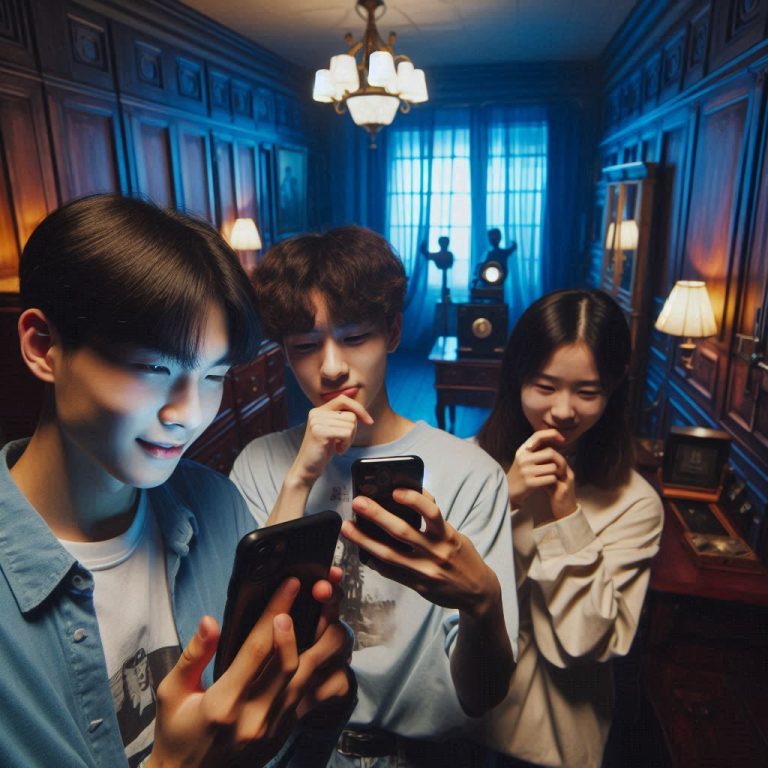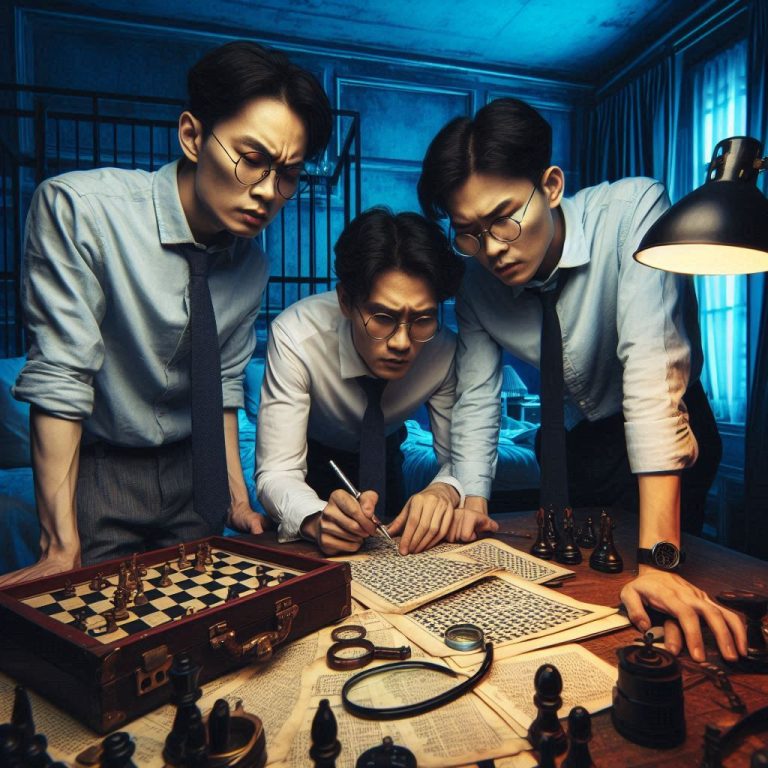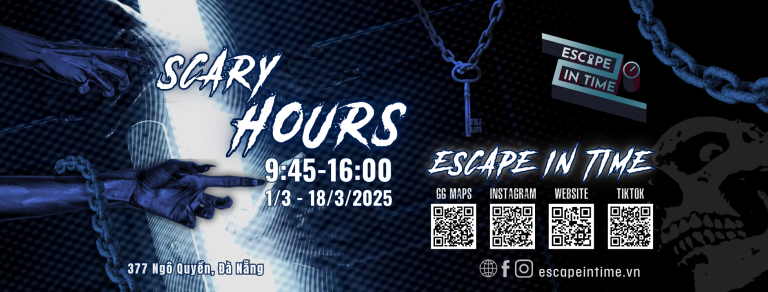As a challenging adventure role-playing experience, escape room attracts a large number of players of all ages. So why is Puzzle game Why is this puzzle game so captivating? The secret lies in the perfect combination of intellectual challenges and entertainment within the game.
Participants are immersed in a mysterious space, facing difficult puzzles and racing against time to find a way out. The feeling of suspense, excitement and joy when conquering the challenge is the reason why Escape Room is becoming more and more attractive.
Why Are Escape Room Puzzle Games So Popular?
Join Escape in Time to learn about the psychological truths behind this puzzle-solving role-playing game, from how the brain reacts to challenges to why the feeling of conquering an Escape Room is so addictive!
Feeling excited by stress
Every moment that passes, Escape Room stimulates the brain to work at full capacity, from logical thinking ability to quick judgment.
The feeling of tension when the timer counts down not only creates excitement but also promotes team spirit, helping players coordinate smoothly to conquer the challenge. From there, your body will secrete adrenalineto help you focus more, have quick reflexes and completely immerse yourself in the game.
Problem solving psychology
The instinct to conquer challenges is almost a core part of human psychology. Escape Room exploits this need by presenting a series of thinking puzzles, requiring logic, creativity and analytical skills to stimulate players to try to overcome.
When players decipher a clue or find a hidden pattern, the brain is stimulated, training thinking and, most importantly, giving a sense of accomplishment.
This excitement comes not only from the joy of winning but also from the need to conquer and explore, helping players develop problem-solving skills in both games and life.

Group psychology and team spirit
It can be said that Escape In Time was born as a team game, they are designed to encourage team spirit and cooperation. The challenges inside the game room are often complex, requiring many different skills and perspectives to solve.
As we search for clues, solve Group puzzles and coordinate strategies together, each person will develop their own strengths, thereby improving communication skills, building trust and enhancing teamwork ability.
Not only did the experience help the team escape the room, it also taught them the power of collaboration and effective problem solving.
Psychological Benefits of Playing Escape Room
Enhance positive emotions
Each time a challenge in an escape room is successfully completed, participants can feel more satisfied than ever. That is thanks to the production of Dopamine - neurotransmitters associated with pleasure and excitement.
This explains why every time a player solves a difficult puzzle or finds an important clue, they feel happy or excited. Because the brain immediately activates the reward mechanism, bringing a feeling of excitement and motivating them to move forward.
Not just a game, escape room is also a spiritual medicine that helps players escape stress, enjoy the joy of victory and immerse themselves in unforgettable dramatic moments.
Management skills
The time limit of an escape room creates a suspenseful atmosphere, forcing players to stay calm and make quick decisions. The countdown creates pressure, requiring logical thinking, emotional management and effective situation handling.
To overcome the challenge, players need to use observation skills, coordinate smoothly with teammates and react flexibly in limited time.
This experience is an opportunity to practice Management skillshelps improve adaptability and maintain focus under pressure. More than just a game, escape rooms teach mental control and problem solving – essential skills for facing real-life challenges.
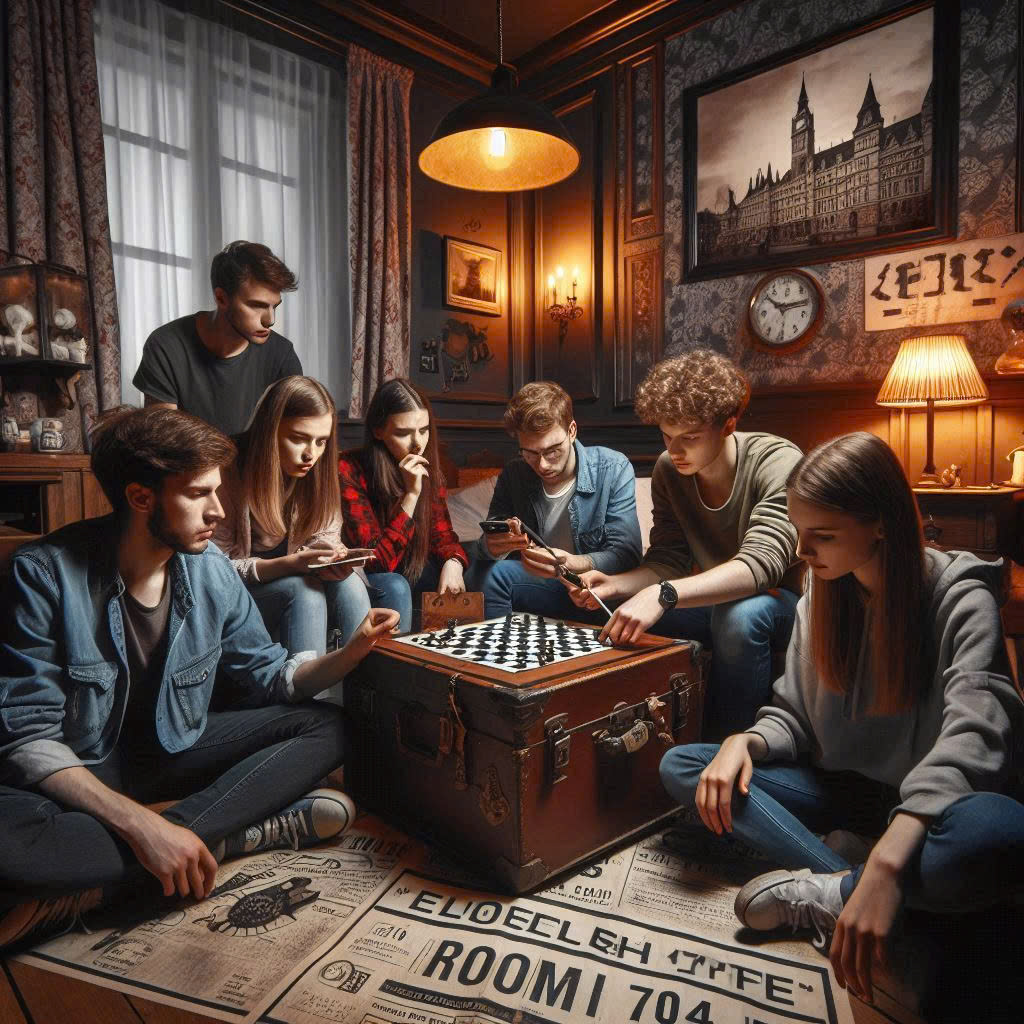
Learn from failure
Immersive experience in escape rooms encourage players to learn from mistakes, adjust strategies, and coordinate with teammates to overcome difficulties. In addition, constant experimentation also helps improve the ability to adapt to time limits.
The lessons from the game do not stop at the mysterious room but also have practical value, helping players confidently solve problems in work and daily life
Conclusion
It sparks our imagination and engages us with a harmonious combination of tricky questions and helps us achieve small achievements before reaching the big ones. The feelings of excitement, suspense, drama, explain why the puzzle game in Escape In Time is strongly supported.
This experience not only stimulates thinking ability but also opens up the instinct of exploration and helps us understand more about ourselves and our companions.
From the thrill of the unknown to the value of effective communication, escape rooms offer multi-dimensional lessons that go far beyond entertainment. So the next time you step into a room filled with mysterious puzzles, enjoy the journey of discovery and unique psychological experiences that the world of escape rooms has to offer.

